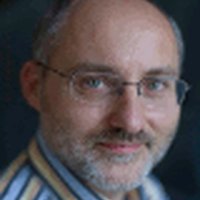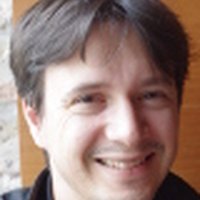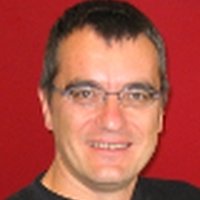Introduction to Functional Programming in OCaml
- Durée : 6 semaines
- Effort : 24 heures
- Rythme: ~4 heures/semaine
- Langues: NA
Ce que vous allez apprendre
À la fin de ce cours, vous saurez :
In this course you will learn Functional programming using the OCaml programming language.You will discover the powerful mechanisms that are offered to build and manipulate complex data structures in a clean and efficient way. And you will see how functions play a central role, as first-class values that can be freely used in any place where an expression can appear.
Description
Functional programming is a programming paradigm which is rapidly attracting interest from a broad range of developers because it allows to write expressive, concise and elegant programs.
The OCaml programming language is a member of the ML language family pioneered by Robin Milner. An important feature of OCaml is that it reconciles the conciseness and flexibility of untyped programming languages (like Python, for example) with the safety of strongly typed programming languages (like Java, for example). The OCaml compiler performs in fact a type inference. Types of identifiers do not have to be declared but are inferred by the compiler at the moment of definition of an identifier, and then used for assuring type correctness when using an identifier.
We will start by using OCaml as a purely functional programming language. At the end of this course we will see that OCaml is in fact a multi-paradigm language which allows you to combine the functional programming style with the imperative programming paradigm.
Prérequis
This course will be held in English. To follow this course we expect from you that you have already some basic knowledge of informatics, in particular you should already know how to write simple computer programs in some programming language. For instance, you should know concepts like variables (or identifiers), functions (or procedures, methods), conditionals, and loops.
Evaluation et Certification
Each course sequence, except those of the introductory week, will be completed by a series of small programming exercises. You will do your exercises directly in your web browser, and the correctness of your answer will be automatically assessed by the system.
At the end of the course you will have to complete a small programming project.
Plan de cours
Week 1: Basic types, definitions and functions
Week 2: Basic data structures
Week 3: More advanced data structures
Week 4: Higher order functions
Week 5: Exceptions, input/output and imperative constructs
Week 6: Modules and data abstraction
Équipe pédagogique
ROBERTO DI COSMO
Catégories
Établissements
Partners

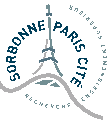
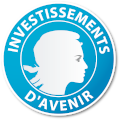

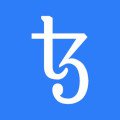

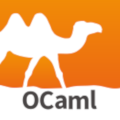
The OCaml course is funded by The OCaml Software Foundation and its sponsors.


